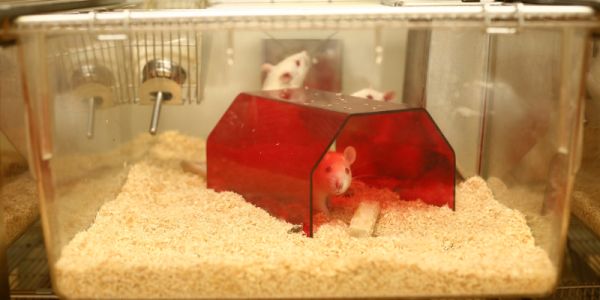
Leeds shares massive research and development boost for UK’s creative industries
A new multi-million pound research project to boost creative innovation in the textile and fashion industry is being spearheaded by the University of Leeds.

A new multi-million pound research project to boost creative innovation in the textile and fashion industry is being spearheaded by the University of Leeds.

Historic levels of particles in the atmosphere released from pre-industrial era fires, and their cooling effect on the planet, may have been significantly underestimated according to a new study.

A Government announcement has unlocked the potential of the University’s new institute for high speed rail.

The University is launching a new initiative to give farms and business a competitive advantage and increase their value.

The complex 3D structure of one of the world’s most lethal families of plant viruses has been revealed in unprecedented detail by scientists at the University of Leeds.

Scientists and educators involved in animal research in emerging countries are sharing good practice ideas, plus debating welfare and ethics, as part of pioneering work led by the University.

Early results from a small-scale clinical trial have revealed the potential of a virus to treat some advanced cancers.

Water samples from UK rivers contained significantly higher concentrations of microplastics downstream from wastewater treatment plants, researchers have found.

Adults with incurable diseases – including dementia, liver failure and stroke – are not being referred to palliative care from hospices early enough during their illness, according to new research.

Natural dyes extracted from blackcurrant waste created during Ribena manufacture have for the first time been used in an effective new hair dyeing technology, developed at the University of Leeds.